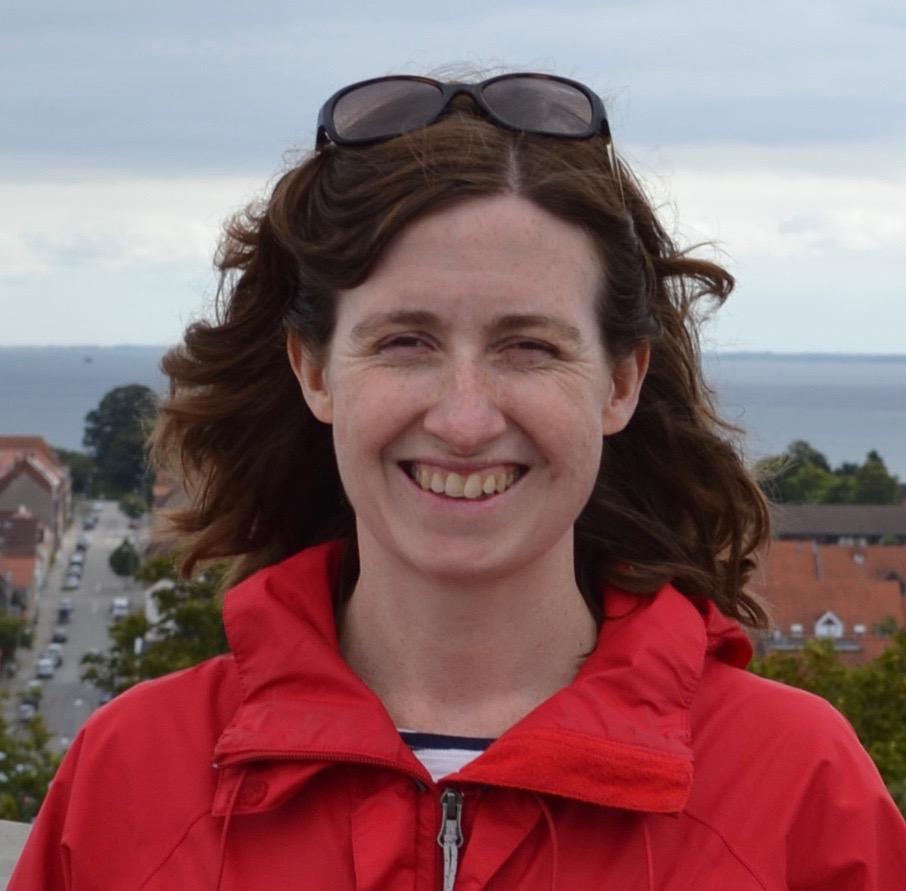
I am a medical anthropologist. In my research and teaching I seek to understand how health and wellbeing are fostered through care, connection, and community.
My work on the importance of interdependent relationships began in my first book, Having People, Having Heart: Charity, Sustainable Development, and Problems of Dependence in Central Uganda (University of Chicago Press 2014). In this book, I explored how aid-workers and recipients involved in orphan support projects in Uganda negotiate, embrace, and also avoid relations of hierarchical interdependence as they pursue moral and material ends.
Since 2015, I have continued to explore questions of the role of social connection to wellbeing through my collaborative work with two Ugandan researchers, George Mpanga and Sarah Namirembe. Together we have conducted an ethnographic study of alcohol use disorders, social connection, and recovery in Kampala, Uganda funded by the NSF (Award #1758472). The co-authored book we wrote based on this work, Higher Powers: Alcohol and After in Uganda’s Capital City, is currently in production at the University of California Press and will be published in February 2024.
Higher Powers draws on four years of collaborative fieldwork carried out with Ugandans working to reconstruct their lives after attempting to leave problematic forms of alcohol use behind. Given the relatively recent introduction of biomedical ideas of alcoholism and addiction in Uganda, most of these people have used other therapeutic resources, including herbal aversion therapies, engagements with spirit mediumship, and forms of deliverance and spiritual warfare practiced in Pentecostal churches. While their engagements with possession, aversion, and deliverance are at times severe, they contain within them understandings of the self and practices of sociality that point away from models of addiction as a chronic relapsing brain disease and towards the possibility of release. In so doing, Higher Powers offers a reconceptualization of addiction and recovery that may prove relevant well beyond Uganda.
The collaborative methods we used in creating this work were inspired by Ugandan ethics of interdependence and furthered through my work with the University of Virginia’s African Urbanism Humanities Lab. In an effort to improve and facilitate a broad range of collaborations across sub-Saharan Africa, I worked with the lab to convene the Collaborative Engagements conference in 2018. I went on to lead the process of writing a collectively authored article for Inside Higher Ed which sought to bring insights from that conference concerning the ways in which small shifts in institutional practices and policies might help to facilitate more collaborative forms of scholarship.
Finally, I have extended my work on addiction, recovery, and social connection into the rural United States (NSF Award #1920871) in collaboration with two postdoctoral fellows, Abigail Mack and Joshua Burraway. Through this work Joshua Burraway and I explored the moral economy of Suboxone and the complex temporalities of Hepatitis C diagnosis and treatment. Abigail Mack and I are currently beginning work on a co-authored book manuscript that will explore how people struggling with substance use navigate hope, abandonment, and trauma as they learn to care for one another, and for themselves, over the long haul.
Specializations
Cultural anthropology, medical anthropology, alcohol, addiction, development, bureaucracy, accountability, Christianity, ethics, Uganda, Africa, Ireland, United States
Education
Ph.D. University of California, San Francisco and Berkeley 2010
